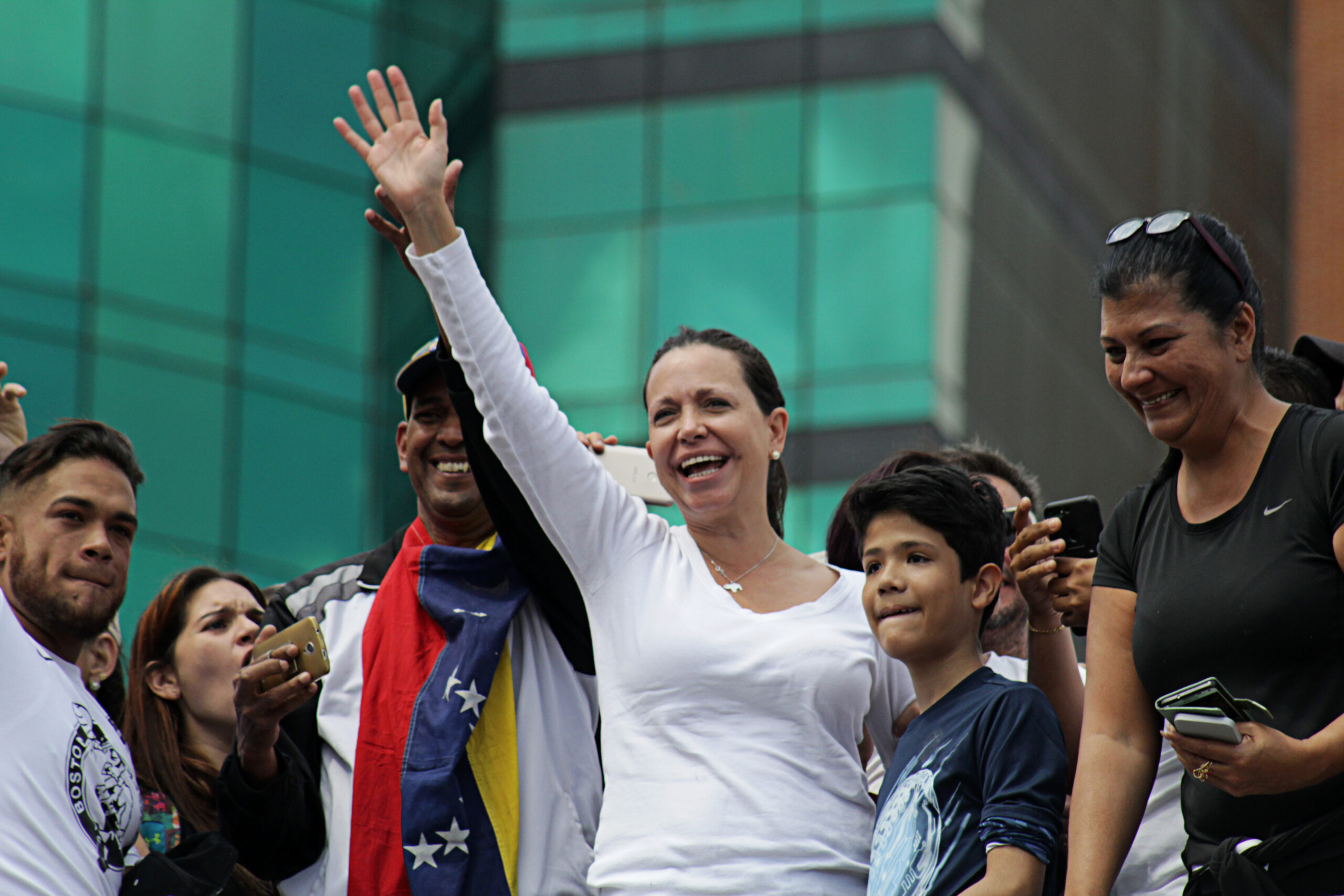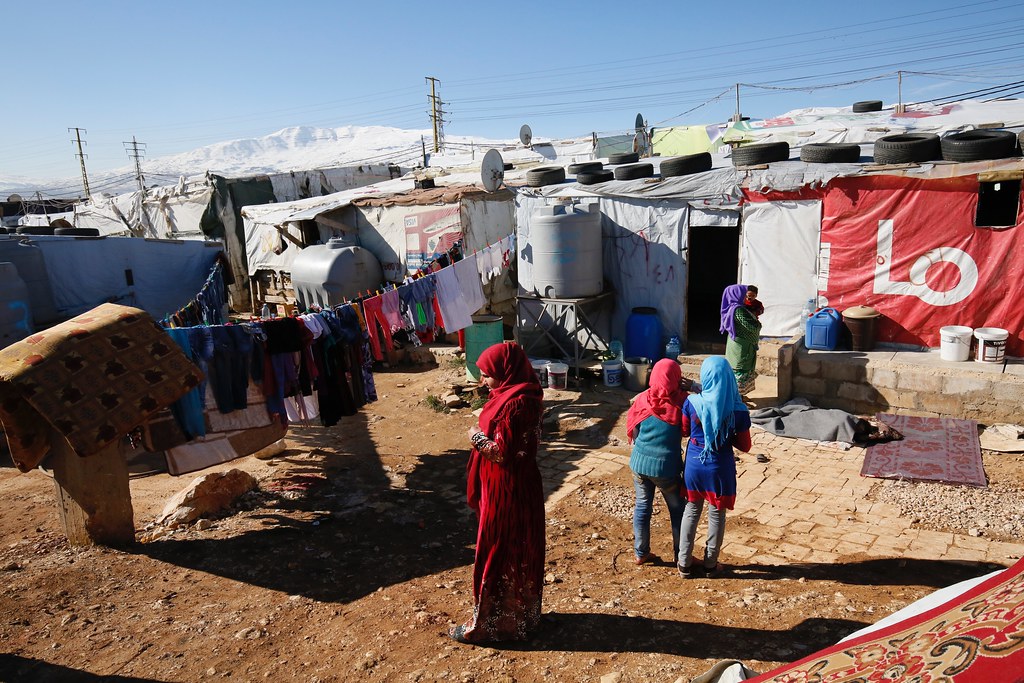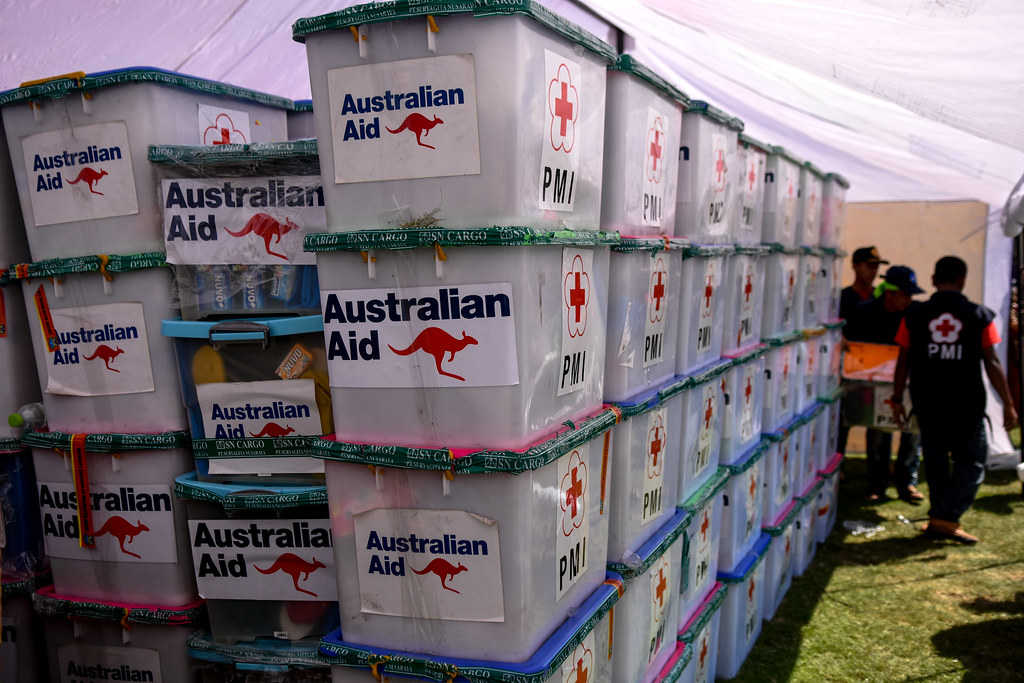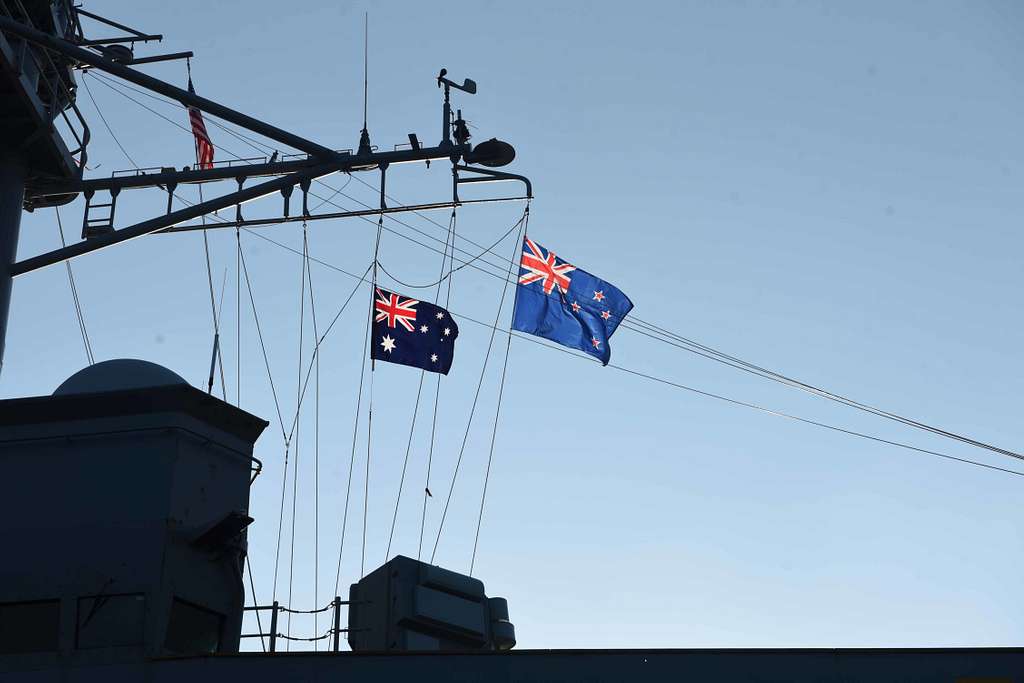The Nobel Peace Prize has long been celebrated as the pinnacle of international recognition for peace, democracy, and human rights advocacy. Yet, the authority of the Norwegian Nobel Committee relies fundamentally on political appointments by Norway’s parliament. Its five members, including Jørgen Watne Frydnes, Asle Toje, Anne Enger, Kristin Clemet, and Gry Larsen, bring perspectives shaped by domestic political contexts and broader geopolitical realities. This structure naturally situates the Prize within global political interests and national foreign policies, making claims of impartial global and moral authority increasingly untenable. The 2025 award to Venezuela’s María Corina Machado vividly illustrates this reality, profoundly compromising the Nobel Peace Prize’s moral credibility and revealing its transformation from a beacon of peace into an instrument of geopolitical legitimation.
The Paradox of a ‘War Peace Prize’
Upon her selection, Machado dedicated her Nobel Peace Prize to Donald Trump, praising his “decisive support” and claiming on Fox News that he “deserves” the Prize for having ended “eight wars,” a false claim with fact-checking confirming many of these wars continued or were mischaracterised. This conflation of militarism with peace fundamentally challenges the Prize’s core ethos, undermining its foundational principles and moral credibility.
The celebration becomes particularly grotesque when examined against Trump’s escalating military threats against Venezuela. Machado’s praise for a president who has confirmed CIA covert operations in her own country and is openly considering strikes on Venezuelan territory reveals extraordinary political cynicism.
A Record Rooted in Militarism and Foreign Intervention
Machado’s political career has consistently reflected support for force and external interference, demonstrating her rejection of democratic sovereignty. She signed the Carmona Decree during the 2002 coup attempt against Hugo Chávez, a document that dissolved Venezuela’s democratically approved constitution, the National Assembly, and the Supreme Court. The coup disrupted what the Organization of American States described as the “democratic and constitutional order” under Chávez’s unquestionable electoral mandate as Venezuela’s sitting constitutional president.
Her 2014 appeal to U.S. Congress for military intervention, stating “the only path left is the use of force,” represented escalation in her willingness to invite foreign aggression. More recently, she has supported U.S. military strikes in Caribbean waters, deploying over 10,000 troops, warships, nuclear submarines, and advanced aircraft. These operations have killed at least 32 civilians without due process, earning condemnation from the United Nations as extrajudicial killings violating international law. Machado’s open endorsement of these aggressive policies deepens humanitarian crisis and regional instability.
In a further demonstration of her interventionist stance, in 2018 Machado sent a letter to former Argentine President Mauricio Macri and Israeli Prime Minister Benjamin Netanyahu, urging them to use their “strength and influence to advance the dismantling of the criminal Venezuelan regime” purportedly linked to “drug trafficking and terrorism.” This appeal for external intervention disregards sovereignty and democratic principles, providing political cover for unprovoked aggression.
Venezuela’s Strategic Wealth and the Ignored Gaza Catastrophe
Escalating U.S. aggression against Venezuela stems directly from its extraordinary oil wealth. Venezuela possesses the world’s largest proven oil reserves, with over 303 billion barrels—exceeding even Saudi Arabia’s 267 billion barrels. This resource endowment has made Venezuela a consistent target of successive U.S. presidential administrations seeking to remove leadership that refuses to subordinate these resources to U.S. corporate interests.
Machado’s support for sanctions compounds this tragedy through devastating humanitarian cost. The Lancet Global Health study, encompassing over 152 nations, links unilateral sanctions to over 500,000 annual excess deaths worldwide, disproportionately harming children under five. U.S.-led sanctions have caused Venezuela to lose oil revenue equivalent to 213% of its GDP between 2017 and 2024, totalling approximately $226 billion in losses. Over 7 million Venezuelans have since left the country, creating one of the hemisphere’s largest refugee crises.
The Nobel Committee’s timing proves particularly damning when contrasted with ongoing crises they have chosen to ignore. The award comes during an unprecedented humanitarian disaster in Gaza, with more than 2.1 million residents suffering from famine conditions, tens of thousands of deaths including numerous children, and decimated healthcare. The Committee paradoxically awards Machado, a vocal promoter of U.S. military and sanction policies, while ignoring those actively struggling to stop this catastrophe.
Violation of International Norms and Historical Precedents
Machado’s advocacy to move Venezuela’s embassy to Jerusalem contravenes UN Security Council Resolution 478, which condemns such actions as violations of international law. Her alignment with aggressive U.S. policies suggests potential Venezuelan participation in broader Middle Eastern conflicts should she assume power.
Machado’s Prize, nominated by a group that included then-Senator Marco Rubio (now U.S. Secretary of State) and Mike Waltz (current U.S. Ambassador to the UN), along with other American politicians, who submitted a letter to the Nobel Committee, continues a troubling pattern exemplified by controversial laureates. These nomination advocates represent the hawkish wing of U.S. foreign policy establishment with long-standing interventionist positions toward Latin America. The pattern includes former U.S. Secretary of State Henry Kissinger, awarded despite his orchestration of the Vietnam War’s expansion, clandestine bombings in Southeast Asia killing hundreds of thousands, and support for oppressive regimes across Latin America through Operation Condor. Former U.S. President Barack Obama’s 2009 Prize sparked similar criticism amid expanded drone warfare programs that resulted in thousands of civilian casualties. Former Colombian President Juan Manuel Santos, despite negotiating the FARC peace deal, served as Defence Minister under the authoritarian former Colombian President Álvaro Uribe, during which the military’s “false positives” scandal resulted in the extrajudicial killing of over 6,400 innocent civilians.
The Threat of Regional War and International Law Violations
Current U.S. military deployments near Venezuela, involving thousands of troops and nuclear assets without UN authorisation, violate international law and represent the most serious threat to regional peace in decades. Trump’s confirmation of CIA covert operations and his consideration of strikes inside Venezuelan territory mark a “sharp escalation” beyond the series of recent lethal attacks on boats in the Caribbean, which Democrats and United Nations experts have forcefully condemned as unlawful.
This escalates conflict risks across the entire Caribbean Basin and northern South America, threatening regional stability in unprecedented ways. Venezuela’s strategic location, bordering Colombia, Brazil, and Guyana while controlling key Caribbean shipping routes, means any military intervention could destabilize the broader region and trigger massive refugee flows into neighbouring countries. Machado’s support empowers these destabilising forces, potentially contributing to a broader regional war that could engulf multiple neighbouring states – from Colombia and Brazil to Caribbean nations – in a protracted conflict over Venezuela’s vast energy resources, with implications extending across Latin America and threatening established regional security frameworks.
Conclusion: From Peace Symbol to War Instrument
The Nobel Committee’s award to María Corina Machado represents a final, stark departure from its founding ideals. By endorsing a figure who champions sanctions, coercion, and foreign military intervention, the Prize does not merely make a political choice—it actively legitimizes a toolkit of statecraft that is antithetical to peace. The evidence is overwhelming: from the sanction-induced deaths documented in The Lancet to blatant violations of international law, Machado’s record contradicts every principle the Prize claims to uphold. In doing so, the Committee has completed the Prize’s transformation from a symbol of moral authority into an instrument of geopolitical power. As Venezuela faces the prospect of direct military intervention backed by a Nobel Peace Prize winner, the award risks becoming not a symbol of peace, but an instrument facilitating war and legitimizing the systematic destruction of international law in service of dominant geopolitical interests.
Juan Zahir Naranjo Cáceres is a PhD candidate in Political Science, International Relations & Constitutional Law at the University of the Sunshine Coast (Australia), where he teaches International Justice and Human Rights. His research examines constitutional governance and democratic institutions in comparative perspective. He holds a Bachelor of Laws degree and postgraduate degrees in Constitutional Law, Australian Migration Law, International Relations, and Teaching.
This article is published under a Creative Commons License and may be republished with attribution.





